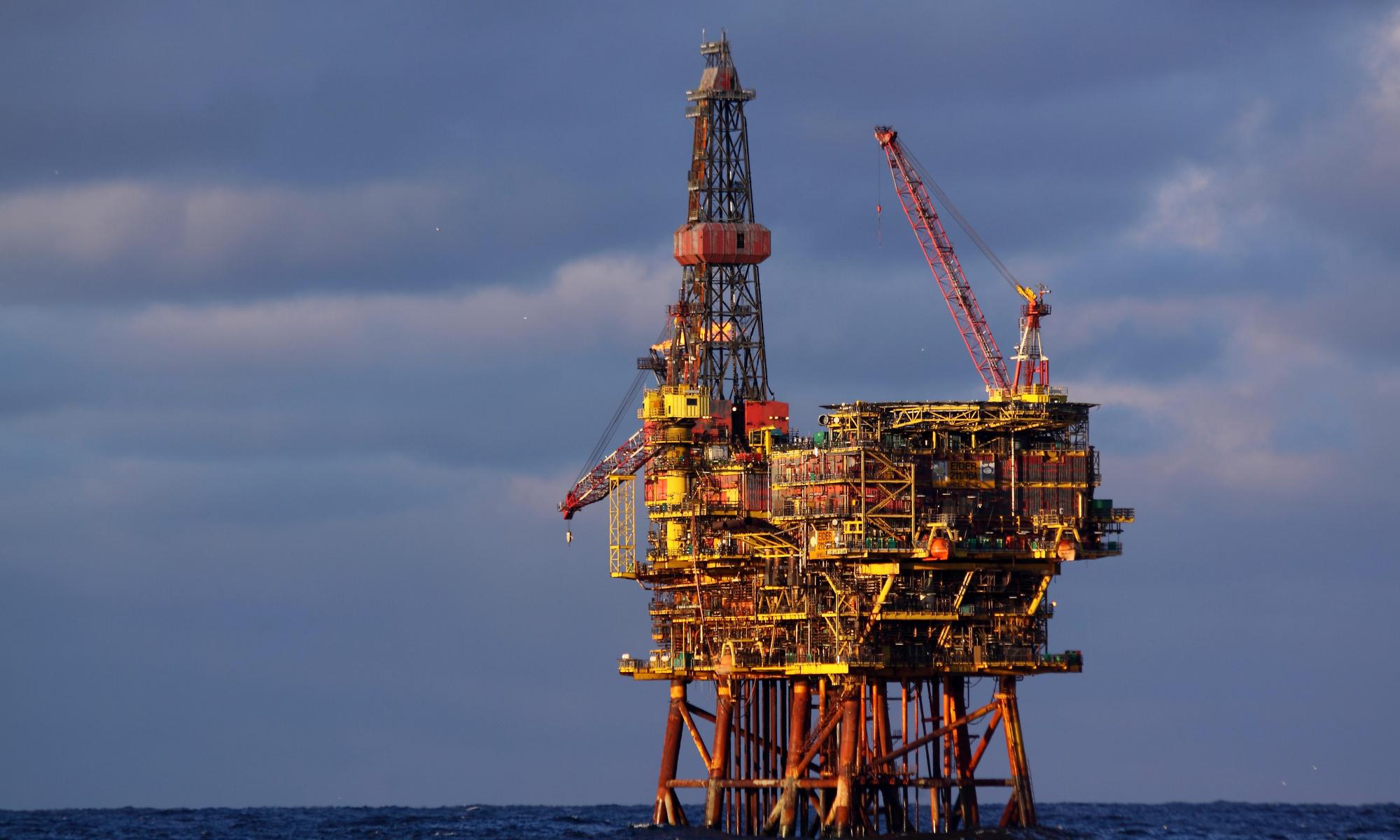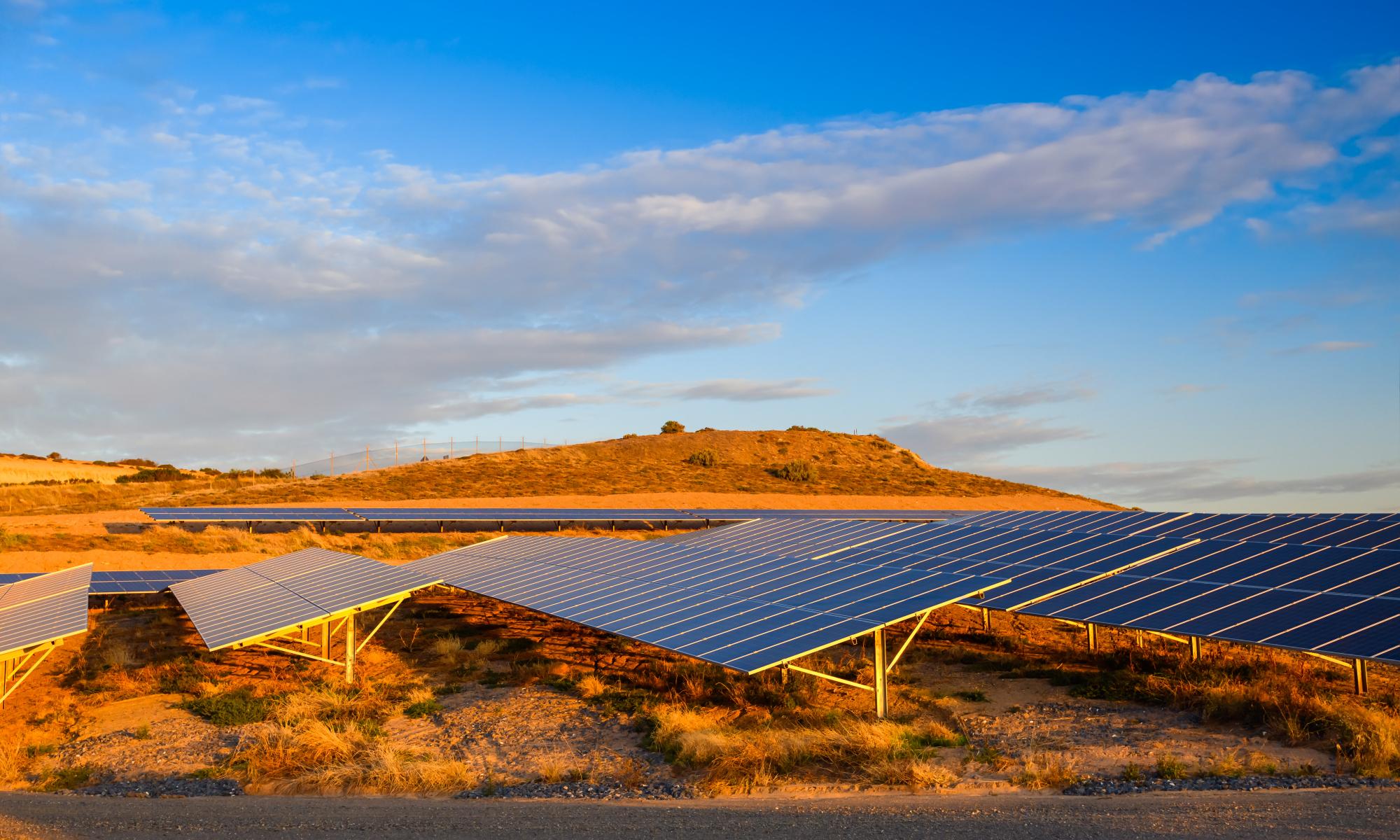All governments have seasons. In just under six months, the seasons of the Albanese government have been victory, transition, honeymoon, events.
The latest Guardian Essential poll tells us voter reception of the prime minister remains broadly where Labor would want it to be – 73% of respondents are either positive (45%) or neutral (28%). So, for now, the tolerance and goodwill persists. But there’s been a noticeable transition in atmosphere over the past fortnight. The shift suggests the government is bearing down on its next season: the summer of rent seekers.
After several months of playing nice, various interest groups are out testing their vocal cords on industrial relations regulation. Some of the same players also look to be limbering up ahead of the critical next phase of climate policy, which is rebooting the mechanism for driving emissions reduction in heavy industry.
In case you’ve missed the recent foot stamping, employer organisations are unhappy the government is attempting to deliver on its pre-election promise to get wages moving again. The government is proposing to overhaul some of the industrial relations practices that have helped deliver stagnant wages for workers at a time when many corporations have recorded very high profits. Judging by the tone of much of the stakeholder debate, business groups seem to think it’s OK to entertain a theoretical discussion about the desirability of lifting wages as long as nobody attempts to do anything structural to deliver that outcome.
The self-interest on display here is blindingly obvious. But a lot of the pearl clutching has been amplified uncritically by news organisations. I’m not sure why business objections have gained quasi-national interest status in some quarters, given calling out rent-seeking is a core function of journalism.
Also confusing: some of the commentary about the perils of multi-employer bargaining appears to assume nothing has changed in the labour market since the 1980s; that trade unions are the crouching tigers of the economy, ready to pounce on unsuspecting employers with their exorbitant industry-wide wage claims, and that will fuel a wage-price spiral, and we’ll cartwheel towards End Times. Perhaps we could all take a breath? Since 1992, the proportion of employees who are trade union members has fallen from 40% to 14%, according to the Australian Bureau of Statistics.
There really is no interest like self-interest. Fun fact. Employer groups as a rule aren’t great champions of higher wages for their workers. Have you noticed? There’s always a better time to think about a wage rise. Next week. Next year. The 12th of never. Another fun fact. Strangely, while wages have flatlined it’s been considered perfectly acceptable for the profit share to rise. As far as I know, no business group has threatened to run an advertising campaign raging against rising profits, just about the prospect of rising wages.
Obviously governments do need to take care when they overhaul labour market regulations. It can’t be open slather. Policy needs to strike the right balance between providing fair compensation for workers and maintaining sufficient productivity and profitability to support ongoing job creation. The Reserve Bank of Australia is also correct to point out that all actors in the economy need to keep a close eye on prices, wages and profits when the urgent policy imperative right now is subduing inflationary pressure.
But the balance in the public debate has felt off. Self-interest has been amplified, not because its reasonable, but because journalism craves conflict, and capital versus labour is a classic conflict story, as familiar and comforting as a sticky date pudding on a cold Saturday night. Lost in the alleged impending workplace apocalypse is the serious problem the government is trying to chip away at. What was that problem again? Wages are not keeping pace with inflation, and weren’t even before inflation spiked, and that’s bad for households and the economy.
I might be wrong about this, and I really I hope I am, but the current hyperventilation around the workplace overhaul feels like a curtain raiser for the Albanese government’s next inexorable thought crime – requiring industrial polluters to reduce their emissions in line with the government’s pre-election commitment to overhaul the safeguard mechanism.
It’s a bit too early to say whether or not some of the same groups professing strategic shock about the Albanese government attempting to implement a clear election commitment to get wages moving will be similarly shocked (shocked, I tell you, shocked) when the government attempts to implement its election commitments about dealing with the climate crisis.
For now, it’s been all quiet in rent-seekers row. But events have disrupted the equilibrium here too. Just as inflation is being invoked as a reason for preserving the status quo in the industrial relations debate (now is not the time for a wage-price spiral) – cost of living is casting a shadow over climate action.
It is much harder politically to implement a halfway serious climate policy in the middle of a cost of living crisis, with News Corp already mounting a campaign on its editorial pages about how renewables (the cheapest form of energy) is secretly responsible for power prices going up by a forecast 56% by the end of next year. Once upon a time people were embarrassed to say ludicrous things. Some days, verifiable facts feel like a relic from another age.
In any case, Chris Bowen – the minister who hoped to end the climate wars in the more benign economic times before Russian aggression triggered a global energy market shock – must feel as if he’s been slapped by the invisible hand. Recent history in Australia tells us when climate action becomes a cost of living issue in the minds of voters, the climate loses, and the climate portfolio becomes a boulevard of broken dreams.
It is possible my concern is not well founded. The decisive nature of the election result in May suggests Australia is now beyond that quagmire. But Peter Dutton certainly sees an opening, and will do everything he possibly can to make Labor’s preferred transition to low emissions a job killer and a cost-of-living issue – a reboot of the bill we can’t afford. What do industrial polluters do in that scenario? Do they knuckle down, cooperate with the looming safeguard overhaul and make the transition they are telling their shareholders and financiers they are fully focused on making? Or do they kick up a stink hoping to either delay the inevitable, or extract more taxpayer assistance for the transition?
I don’t know how this will play out.
But if the summer of rent-seeking becomes cacophonous, dispiriting and zero-sum, here’s a strategy to assist with mindfulness.
Earlier in the week, fearing brain fog after the fatigue of two budgets, an election, a change of government, and a transition, I wrote myself a note to assist with clarity.
My note to self was a question. What sort of economy do you want?
Everyone will have a different answer to that question, but my answer was simple, because I’m a humanist and I believe in progress.
I want an economy where hard-working people can have a just share of national prosperity, and an economy that can sustain life and prosperity at the end of the mind-blowing industrial revolution, the decarbonisation revolution, that we are going to live through over the next three decades.
Not everyone will share those priorities, but a majority of Australians voted for versions of those two propositions in May because those aspirations are reasonable. It pays to remember reasonable when the unreason rears its head.


